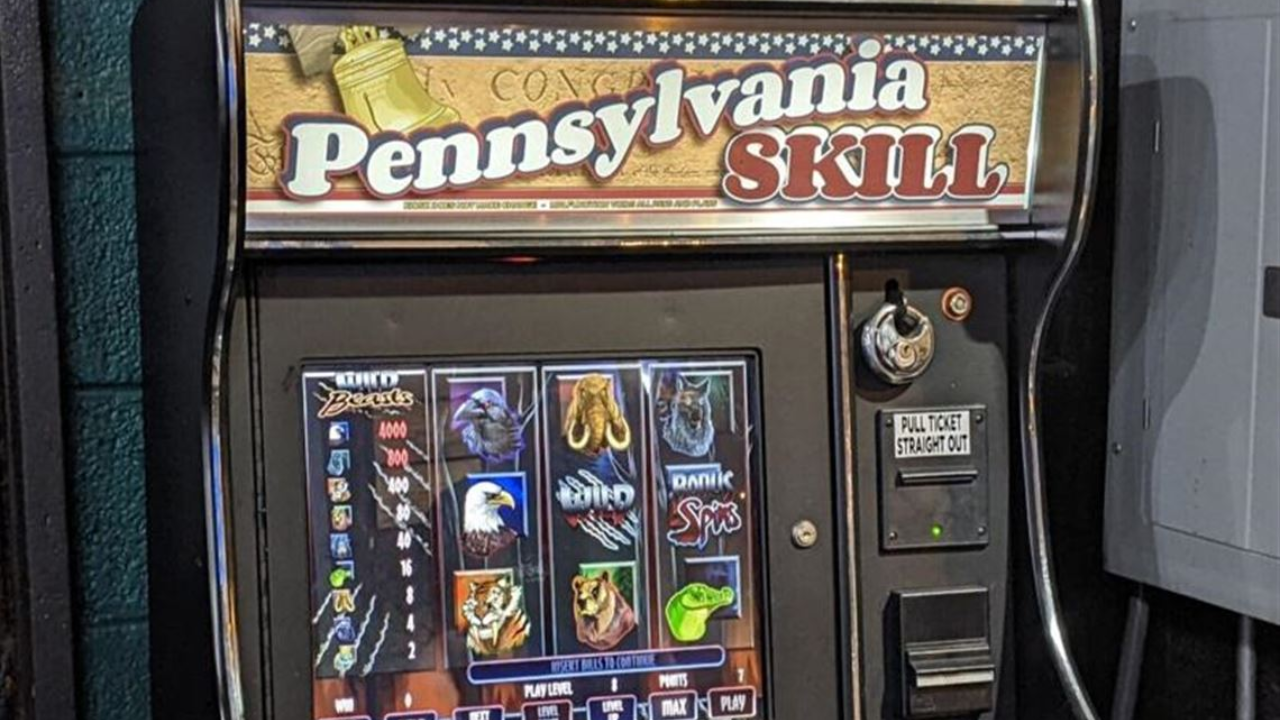Governor Josh Shapiro’s proposal to tax skill games in Pennsylvania has sparked intense debates across the state. Skill games, often found in bars, convenience stores, and social clubs, have been a subject of controversy due to their resemblance to slot machines and their widespread presence in local communities.
The Governor’s budget plan includes a proposal to impose a 52% tax on the profits of these skill games. This move aims to regulate the industry and generate additional revenue for the state. However, the proposal has faced strong opposition from various stakeholders.
Critics argue that the tax rate is excessively high and could force many small businesses to shut down. They contend that the skill games provide a vital source of income for these establishments, especially in rural areas where other revenue streams are limited.
Some also express concerns that the high tax rate could lead to the closure of social clubs that rely on the income from these games to fund community services.
On the other hand, proponents of the tax argue that it is necessary to bring the skill game industry under regulation and ensure that it contributes fairly to state revenues.
They point out that the current lack of regulation has led to inconsistencies in how these games operate and has allowed some operators to evade taxes. By imposing a tax, the state can create a more level playing field and ensure that all operators are contributing to the public good.
The debate over the skill games tax is part of a broader discussion about gambling and its regulation in Pennsylvania.
While some view the skill games as harmless entertainment, others see them as a form of gambling that preys on vulnerable individuals. The state’s existing gambling laws do not address skill games, leading to confusion and inconsistent enforcement.
As the state legislature deliberates on the Governor’s budget proposal, the outcome of the skill games tax debate remains uncertain. What is clear, however, is that the issue has highlighted the challenges of regulating emerging industries and balancing economic interests with social concerns.
In the coming weeks, lawmakers will continue to discuss the merits and drawbacks of the proposed tax. The final decision will have significant implications for the future of skill games in Pennsylvania and could set a precedent for how similar industries are regulated in the future.
As the debate unfolds, all stakeholders need to engage in constructive dialogue to find a solution that balances economic growth with the well-being of the community.
The outcome of this debate will not only affect the skill game industry but also reflect the state’s approach to regulating emerging forms of entertainment and gambling.
Governor Shapiro has emphasized the importance of using the state’s surplus funds wisely to invest in education, public transit, and other essential services.
The revenue generated from the proposed skill games tax could play a role in funding these initiatives. However, the success of the tax will depend on its ability to garner support from lawmakers and the public.
In conclusion, the debate over taxing skill games in Pennsylvania underscores the complexities of regulating new industries and balancing economic interests with social responsibility.
As the state moves forward, it will need to carefully consider the potential impacts of such regulations and strive to create policies that serve the best interests of all Pennsylvanians.






